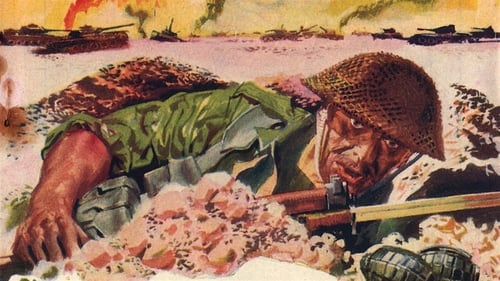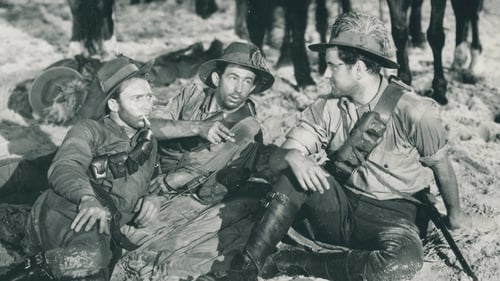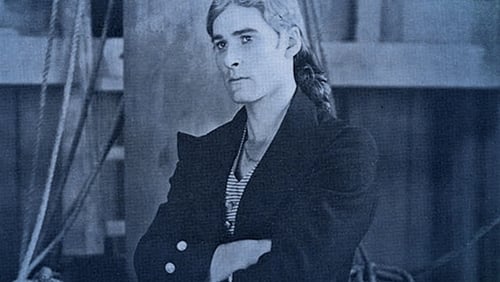Elsa Chauvel
出生 : 1898-02-10, Collingwood, Melbourne, Victoria, Australia
死亡 : 1983-08-22
略歴
Elsa Chauvel (1898-1983), actress and film maker, was born on 10 February 1898 at Collingwood, Melbourne, and registered as Elsie May, second of three children of Edward Wilcox, a tinsmith from New South Wales, and his Queensland-born wife Ada Marie, née Worrall. When Elsie was a child the family went to South Africa, where Wilcox (under the stage name Silveni/Sylvaney) formed a travelling troupe, which included both Elsie (Sylvaney) and her elder brother, whose stage name was Kyrle McAlister. Later, with her brother, she joined other theatrical companies in Cape Town and Johannesburg, and, after a successful tour of Basutoland under Kyrle’s management, returned to Australia in 1924.
Elsie was petite and pretty, with dark hair, fair skin and blue eyes. While playing in the musical Crackers in Brisbane, she met the film director Charles Edward Chauvel, who cast her as the lead in his second feature film, Greenhide (1926). Elsa, as she became known, married Charles on 5 June 1927 at St James’s Church of England, Sydney. Next year they sailed for the United States of America, seeking to further Charles’s career in Hollywood. Elsa Chauvel returned to the stage at San Francisco and Los Angeles in Mid-Channel. On their return to Australia she performed only occasionally, appearing in Brisbane (1929), at Stanthorpe (1930-31), and in Sydney (1939). At Stanthorpe she contributed to their income by giving elocution and dancing lessons. Fourteen months after the birth (1930) of their daughter, they moved to Sydney, where they lived at Vaucluse, then Pymble and finally Castlecrag.
Women’s role was to charm men, to love and to serve them, Elsa explained in a 1934 magazine article, and this role she played in her professional and personal partnership with Charles. They made a further seven feature films together, travelling to Pitcairn Island and Tahiti for In the Wake of the Bounty (1933) and to inland Australia for Jedda (1955). During World War II they produced documentaries and in 1956-57 they travelled through the outback filming a television series, 'Walkabout', for the British Broadcasting Corporation. Charles was the public face of the company, the name on the film credits as director–producer.
After Charles’s death in 1959, Elsa continued to promote Australian film, and collected prints of Chauvel films for preservation in the national film archive. Appointed OBE in 1964, she served as vice-president (1965-76), senior vice-president (1977-78) and patron (1979-82) of the principal committee of the Royal New South Wales Institution (Institute) for Deaf & Blind Children and worked for Dr Barnardo’s in Australia. She wrote her memoirs, My Life with Charles Chauvel (1973). In 1977 she moved from Sydney to Toowoomba, Queensland, where she died on 22 August 1983 and was cremated. Her daughter survived her.






